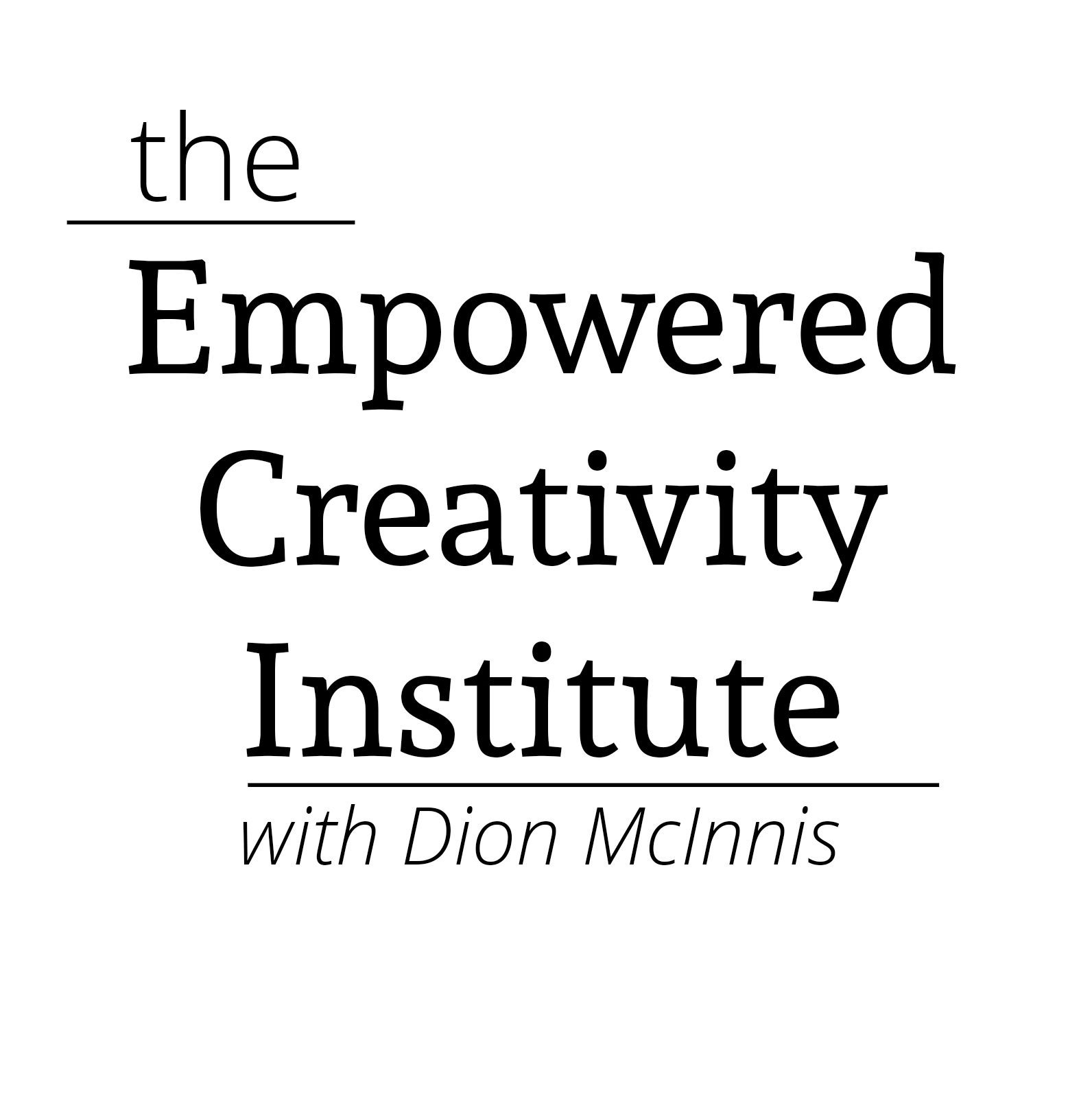When we hear something that seems remarkably out of context or character, it pays to pause before reacting.
When I was about three, I came in from play to proclaim to my mom that dad was “a battard.” Instead of walking me to the nearest bar of soap, she realized I was parroting something that someone else said, and after a few calm questions she learned that a neighbor kid had paid me a nickel to speak out. I wasn’t even able to pronounce the word right, but I spoke out anyway. She then arranged to talk to the kid’s mom.
The lesson remains clear to this day: pause and think. If we remember the character of people and consider the context of the moment, we have the power to use a pause as a way to discern the purpose or source of the message. This requires the ability to remove ourselves and our egos from the situation.
Emotions, relationship matters, fears and anxieties can “put words in our mouth” that are neither true beliefs nor true intentions. Words come into our mouths in a variety of ways. If we can’t think before we utter our own, perhaps we can think after we’ve heard others’. Pause to consider where someone’s words really come from—often it is not from their intention.
(This first appeared in my Listen to Life newsletter in October 25, 2005. Subscribe below.)
